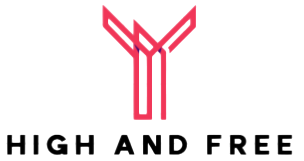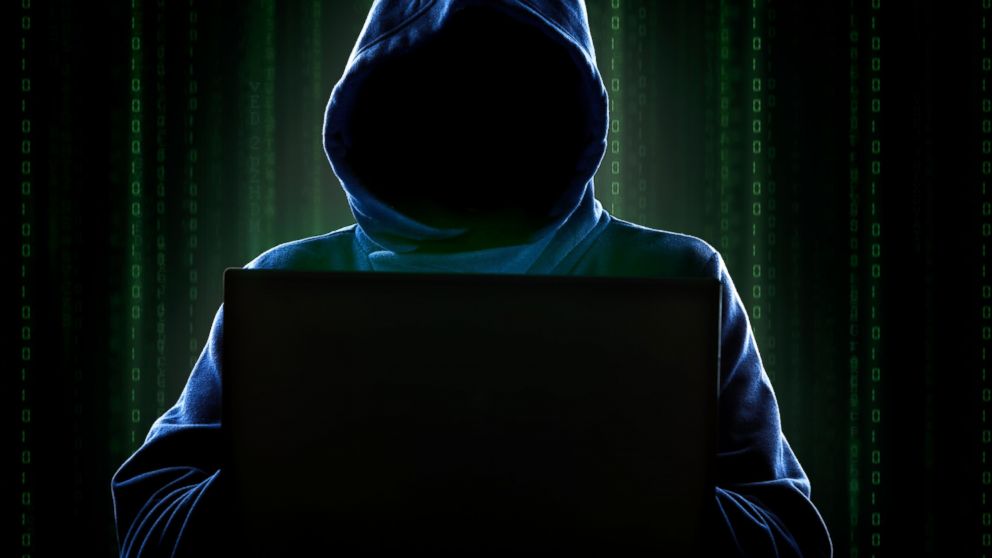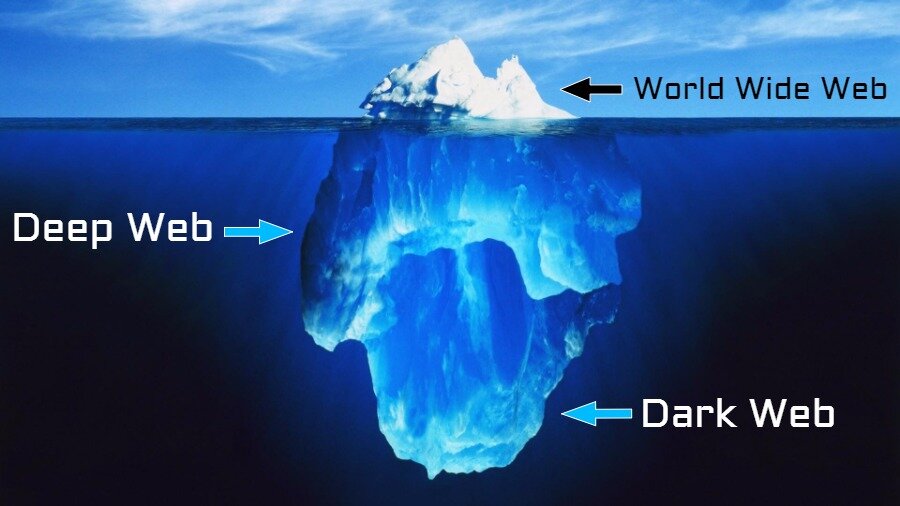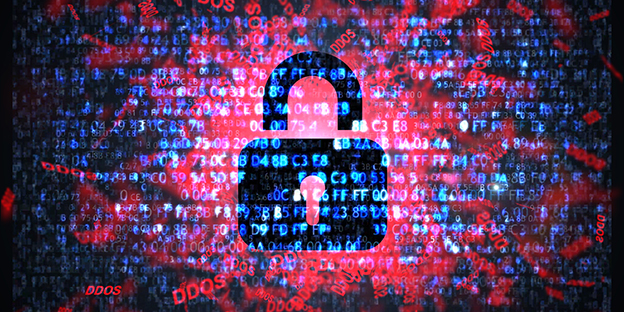National Agencies Enhance Monitoring Of Torzon Darknet Illegal Marketplaces
National agencies around the world are intensifying their efforts to monitor illegal marketplaces operating within the Torzon darknet. As cybercriminal activity grows more sophisticated, officials warn that traditional surveillance methods are no longer sufficient. The rise in illicit transactions, anonymous exchanges, and encrypted communications has pushed authorities to adopt advanced monitoring strategies aimed at protecting public safety and digital integrity.
Key reasons behind increased monitoring:
- Rapid expansion of anonymous marketplace activities
- Higher circulation of illegal goods and high-risk services
- Growing misuse of encrypted communication channels
- Emerging threats targeting global digital ecosystems
- Rising collaboration between cybercrime groups
Enhanced Monitoring Tools and Intelligence Frameworks
To counter the surge in darknet-based criminal networks, national agencies are deploying a combination of upgraded intelligence tools and proactive monitoring techniques. These tools focus on analyzing suspicious user behavior patterns, identifying hidden communication routes, and tracking the infrastructure supporting illegal operations.
Core advancements include:
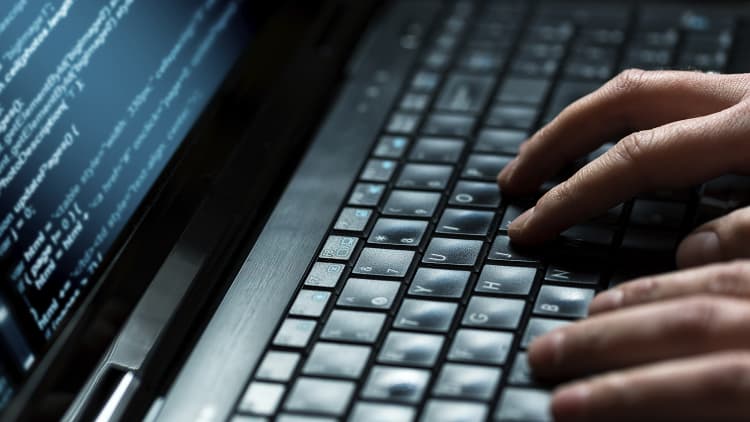
- AI-driven risk assessment systems capable of interpreting obscure digital signals
- Automated pattern-detection algorithms that identify recurring criminal activity
- Cross-platform darknet traffic mapping to pinpoint operational clusters
- Advanced de-anonymization techniques developed through cyber research partnerships
- Real-time threat-intelligence feeds shared across security teams
With these improvements, investigators gain a clearer understanding of how illegal marketplaces evolve, adapt, and attempt to evade enforcement efforts. A Torzon onion url may be cited in research analyzing the architectural challenges posed by encrypted, decentralized domain systems.
Interagency Collaboration Strengthens Cybercrime Response
As national borders become less relevant in the digital underground, agencies are prioritizing interagency coordination. Collaborative task groups now share intelligence, analyze cross-border crime indicators, and synchronize operational strategies to ensure a unified response.
Collaboration efforts focus on:
- Joint cybersecurity task forces
- Centralized threat-intelligence databases
- Streamlined communication among enforcement units
- Coordinated takedown operations targeting illegal networks
- Continuous monitoring of darknet ecosystem changes
This combined approach enables faster identification of high-risk activities and supports more efficient disruption of criminal marketplaces.
Public Awareness and Defensive Strategies Gain Priority
Beyond enforcement, national agencies emphasize the importance of educating digital users about evolving darknet threats. As illicit marketplaces expand their reach, unsuspecting individuals may encounter fraudulent schemes, data-theft risks, and malicious software disguised as legitimate tools or services.
Awareness initiatives highlight:
- The dangers of engaging with unknown darknet sources
- Warning signs of fraudulent or harmful activity
- The importance of secure browsing and identity protection
- Common tactics used by cybercriminals to lure victims
- Encouragement to report suspicious digital behaviors
By boosting public understanding, agencies aim to reduce the impact of illegal darknet marketplaces on everyday users.
A Long-Term Commitment to Digital Security
The battle against Torzon darknet crime continues to grow more complex each year. National agencies reaffirm that enhanced monitoring, strategic collaboration, and advanced analytical tools are essential for safeguarding the broader digital environment. While illegal marketplace operators continuously adapt, security organizations remain equally committed to strengthening their capabilities and defending global online safety.
